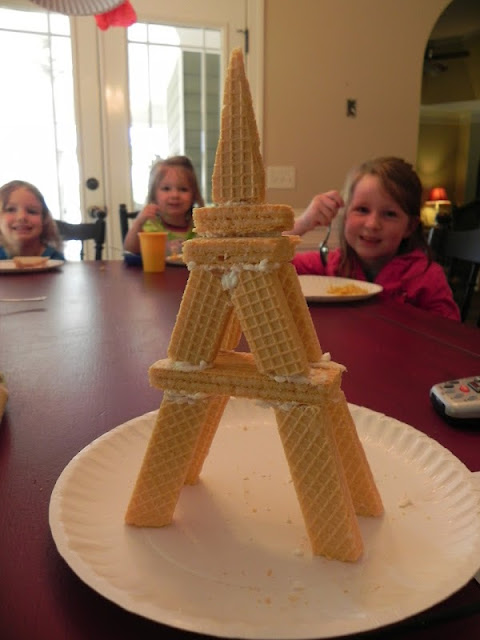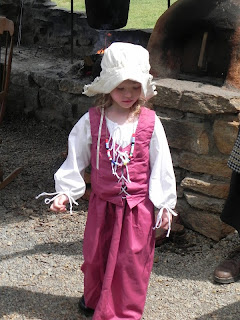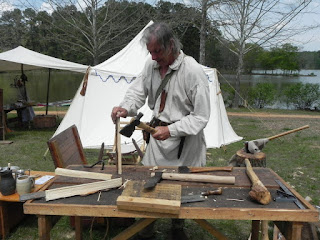"The story of twelve little girls in two straight lines, the smallest one being Madeline, who wakes up one night with an attack of appendicitis." ~ book summary
For our craft this week, we made Madeline school-girl hats out of paper plates, bowls, paint, and crepe ribbon. Instructions found here (scroll down to Madeline crafts.doc).Aubrey found Paris, France, on the world map and put the story disk right next to the disk from The Glorious Flight.
Addison watched "Chicka Chicka Boom Boom", placed the letters "M" (Madeline) and "X" (x-ray) onto the coconut tree, colored a Madeline page, and circled and practiced both letters on her worksheets from Kidszone.
Aubrey did word searches and writing practice for the letters "M" and "X" from First School, the next reading lesson on Starfall, and drawing with copywork from Draw Write Now.
Aubrey and Addison also worked on tangrams of a boy, girl, and dog.
Since Madeline had her appendix removed, this was a great opportunity to have the girls' first lesson on their body organs.
They watched a video on the Digestive System and learned about the main organs and where they are located inside their bodies.
Madeline was taken to the hospital in an ambulance, so the girls learned how to call 911, state their emergency, and give their address.
What better way to work on fine motor skills than to play a tedious game of Operation.
For our fun snack this week, we made an Eiffel Tower when some friends came over. Directions found here.
We had a fabulous time with friends on our field trip to the UGA College of Veterinary Medicine's open house tour. Although the story of Madeline had nothing to do with animals, Madeline did have surgery in the hospital. The UGA Vet School shows little ones the process of getting ready for surgery and surgery itself, allbeit on stuffed animals.
Aubrey and Addison assessed the vitals of their stuffed animals before surgery.
Then they got dressed in their gowns, masks, and gloves.
Little ones get to help throughout the surgery.
Then it was Addison's turn to assist with her stuffed doggie.
All of the girls (including our friends the Farley's) enjoyed the unique experience.
We observed skeletons and preserved organs of animals and took a tour of the hospital (although pictures were not allowed).
The girls practiced their skills with a laparoscope by trying to retrieve gummy bears and put them in a cup.
Go along books:
Go along movies:
Lapbook activities:
Other resources:
Inspiring blogs:


















































